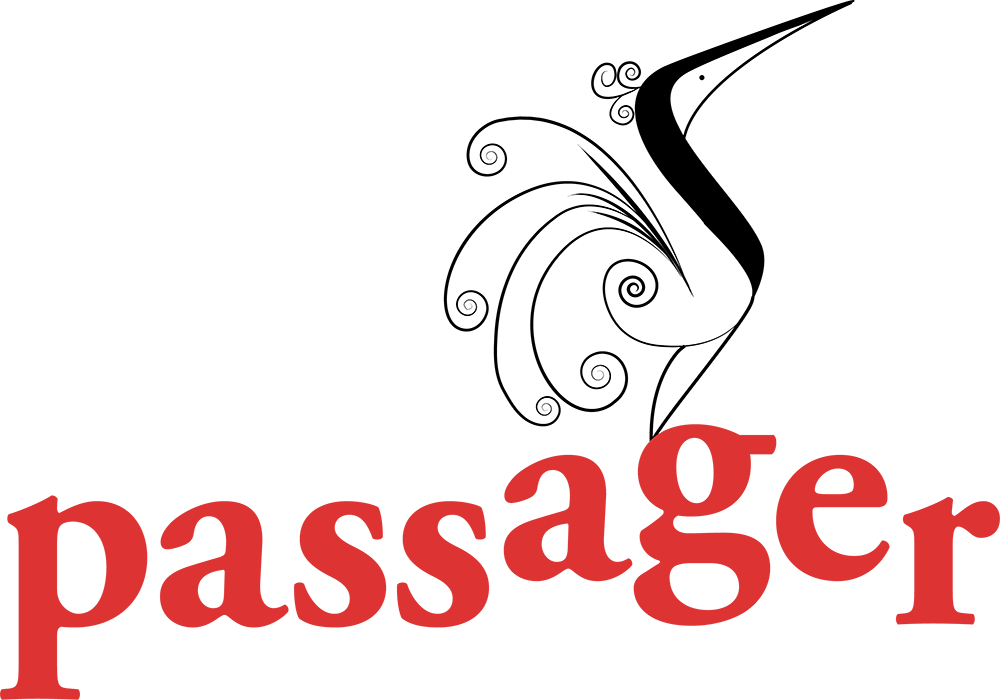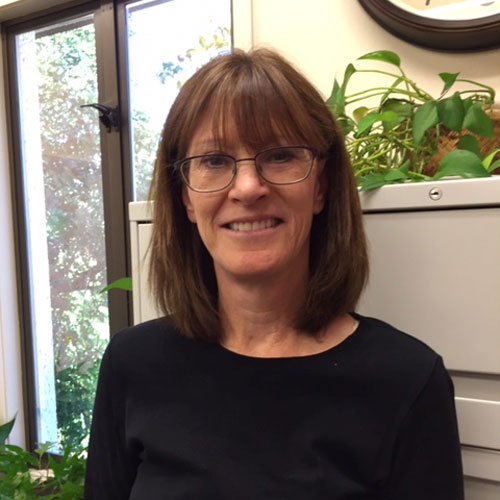Thanksgiving




Finding gratitude, with poems by Ida Marie Beck, Terry S. Johnson, Marya Smith and Barbara Draper.
7 minutes
TRANSCRIPT
It’s Thanksgiving week, so we’re going to do three pieces about gratitude, whether in the moment or in retrospect. They’re all from Passager’s most recent issue, the 2023 Poetry Contest Issue.
Ida Marie Beck said that she’s a scientist with a poet’s heart. She said this next poem was
inspired by her childhood summers in Denmark where she combed the beach for stones with a hole through them. She said, “We’d string them and hang them by the front door of our summer house, a nineteenth-century farmhouse on the heath a few miles inland from the North Sea.” Here’s her poem “Adder Stones.”
Errant waves
licked our footprints
as we sifted
seaweed and sand,
hoping the stones
would find us,
show us
our fortune
through rounded holes.
We strung them, hung them
by the blue front door
to greet us
and all the familiar faces
filling our summer
house on the heath
while yellowhammers
spun their notes
from sunlight
in that season
where sky was roof
and nights were made of blue.
Ida Marie Beck’s poem “Adder Stones.”
Terry S. Johnson said, “While my beloved began fading away due to end stage kidney failure, I tried to “practice” grief through writing which is, of course, impossible. You have to live it.“
Here’s Terry’s poem “Late Winter, Early Spring.”
I’m keeping a window open, hoping the crisp
evening air will cleanse our home — phantom whiffs
of leftover stews, sour sweaters, sad conversations.
Birds are returning or perhaps they’ve never left.
I’m only now hearing their celebrations, their laments.
I notice the huge oaks, their budding branches
rise like hands in supplication. Their coarse bark
brushed in bright rose from the sunset’s reflection.
I’m ready for spring as my beloved prepares
for dying, and so I am preparing, too.
We can’t believe we’re at the end of our cycle,
our last season together. We’re turning a bit
cranky, sniping for the first time. It is not
beautiful, not forsythia blooming, but we understand.
Why does it take impending
death to teach the final lesson?
Our life together has been a feast.
One of us will live on in famine.
He’s finished his shower. In swoon of aftershave,
I kiss his smooth face, revel in his flesh.
“Late Winter, Early Spring,” Terry S. Johnson.
Marya Smith said that her New York City grandson Peter has spent summers on her farm since he was five, and together they noticed the barn snuggling closer to the house each evening. She said, “Some pronounced this an optical illusion, but Peter and I knew. When he asked me if anyone besides Shakespeare wrote sonnets, I wrote this sonnet for him, to the barn we both love.” “Sonnet to the Barn at Dusk.”
Before night falls, the barn moves nearer to the house,
The worn boards now somehow warmer, taking on a deeper red;
Look! Just shy of evening, the barn nestles up, real close,
As the sun shows off some colors before slipping off to bed.
Why the barn moves closer, we do not know for sure:
The barn might be seeking comfort against the coming dark;
Or perhaps it’s comforting the house: “don’t worry, I’m not far;”
But maybe, for barn and house alike, a nearby friend gives heart.
My grandson sees it, too, and looks with me across the yard.
We stand together, open, showing welcome to the barn
On its silent late-day move. (For acceptance is not hard
When love is there, and there it is, on this old farm.)
We don’t demand the reason; we don’t shake our heads and say,
“why bother?”
We just watch the barn at dusk, and find ourselves a little closer
to each other.
Marya Smith’s “Sonnet to the Barn at Dusk.” This and the two previous poems are from Passager Issue 75.
OK, you win. Here’s a more explicitly Thanksgiving poem. From Passager Issue 57, Barbara Draper’s poem “Hurry, Hurry.”
It’s Thanksgiving
and my daughter still
can’t make gravy
and she still
can’t make stuffing
like my mother,
my grandmother,
and the ancient
line of mothers before me,
overhead,
peering down,
watching and waiting.
Hurry, Hurry,
I have fumbled
the gift of the tribe —
they who knew
by smell and feel
the onions,
celery, sage,
the broth of giblets,
the binding of egg,
and how to jab
in a finger
to rout out
the bloody mass
that hides by the spine,
and how to break
the wings,
truss it all up
and press on the thigh.
Hurry, hurry —
The voices are fading.
Call to them, call to them —
they are flying away.
“Hurry, Hurry,” Barbara Draper. She said her daughter had lots of questions about cooking Thanksgiving dinner, including “How do I know it’s done?” Barbara said, “It reminded me of my first turkey and calls to my mother and how this is all passed down.”
To subscribe to or learn more about Passager and its commitment to writers over 50, go to passagerbooks.com. You can download Burning Bright from Spotify, Apple and Google Podcasts and various other podcast apps.
For Kendra, Mary, Christine, Rosanne, and the rest of the Passager staff, I’m Jon Shorr.



